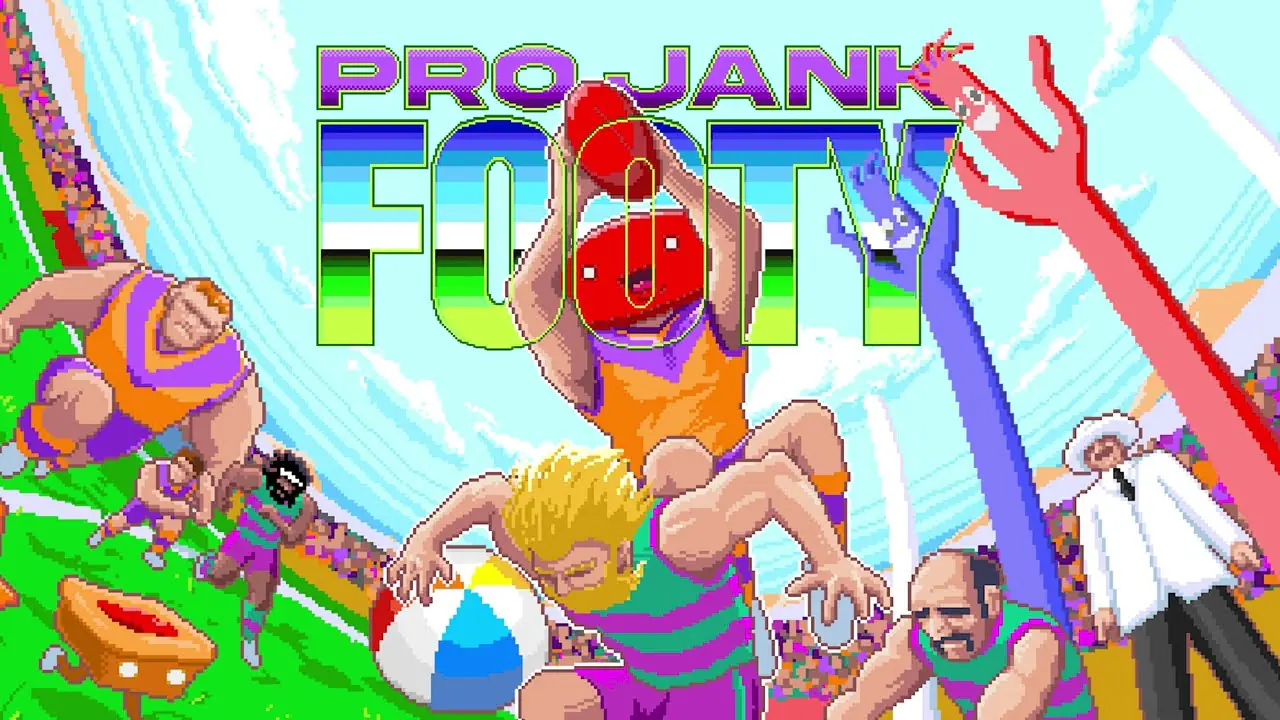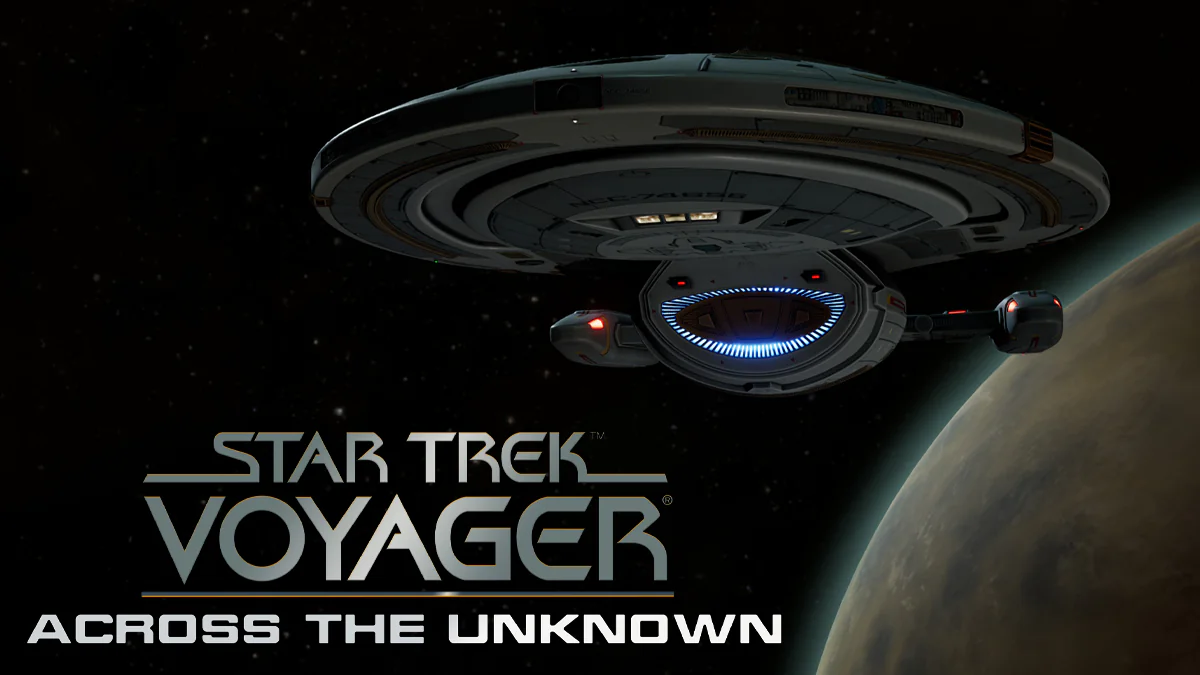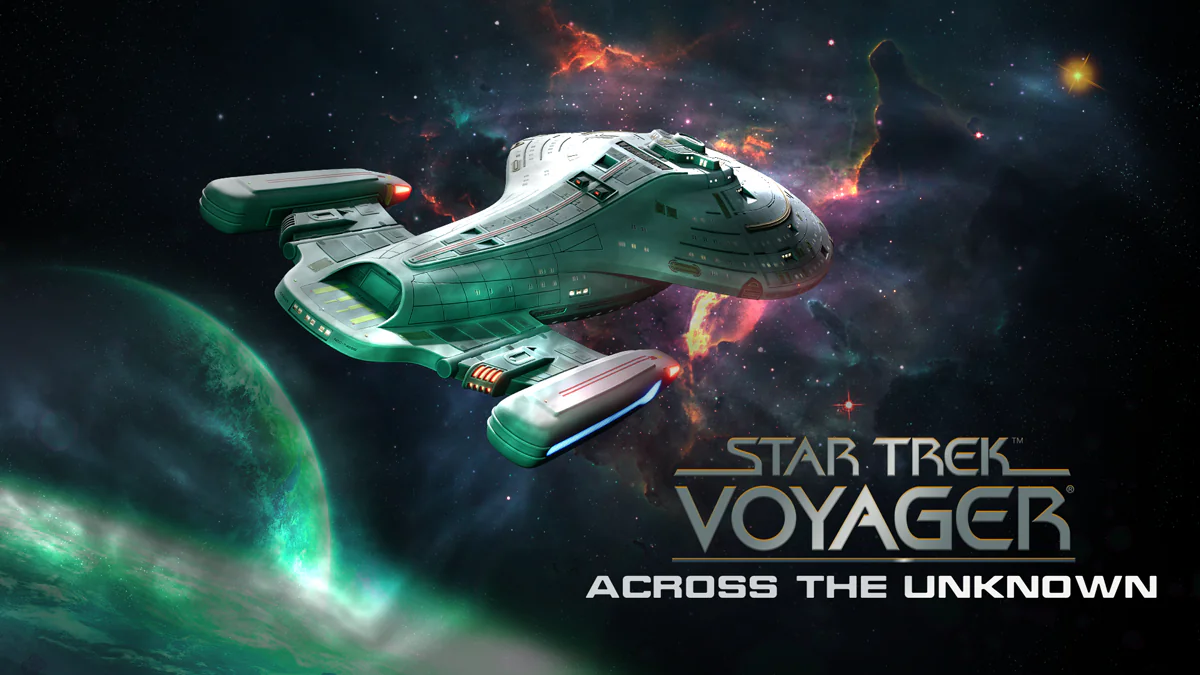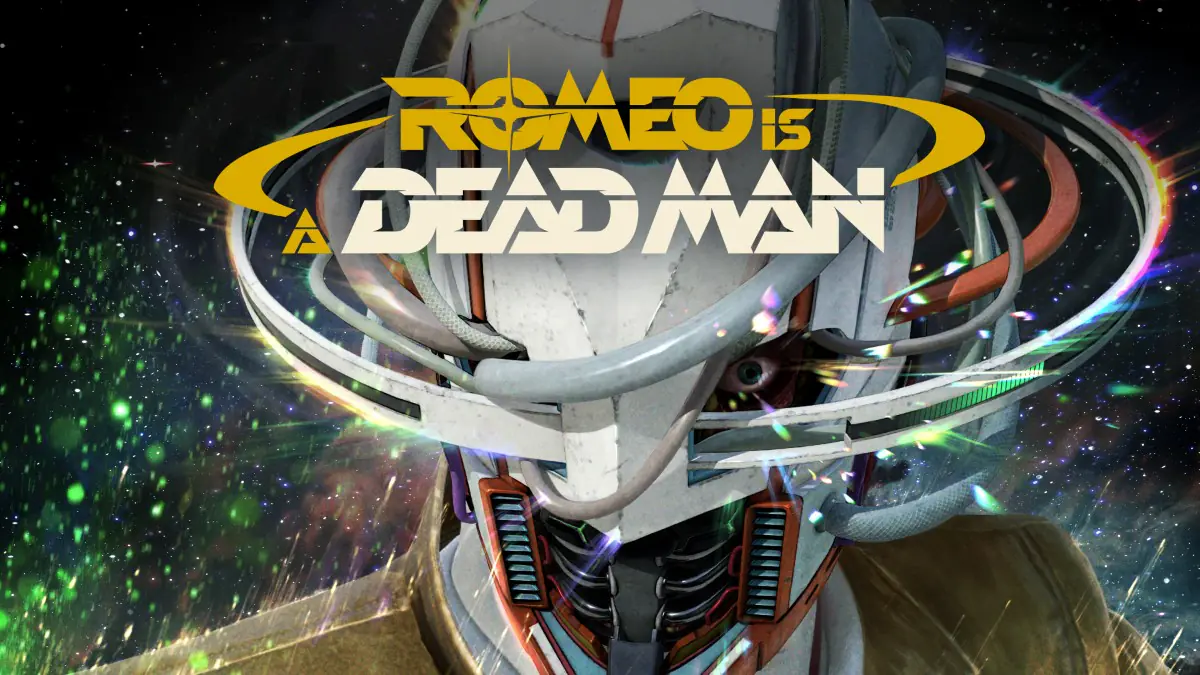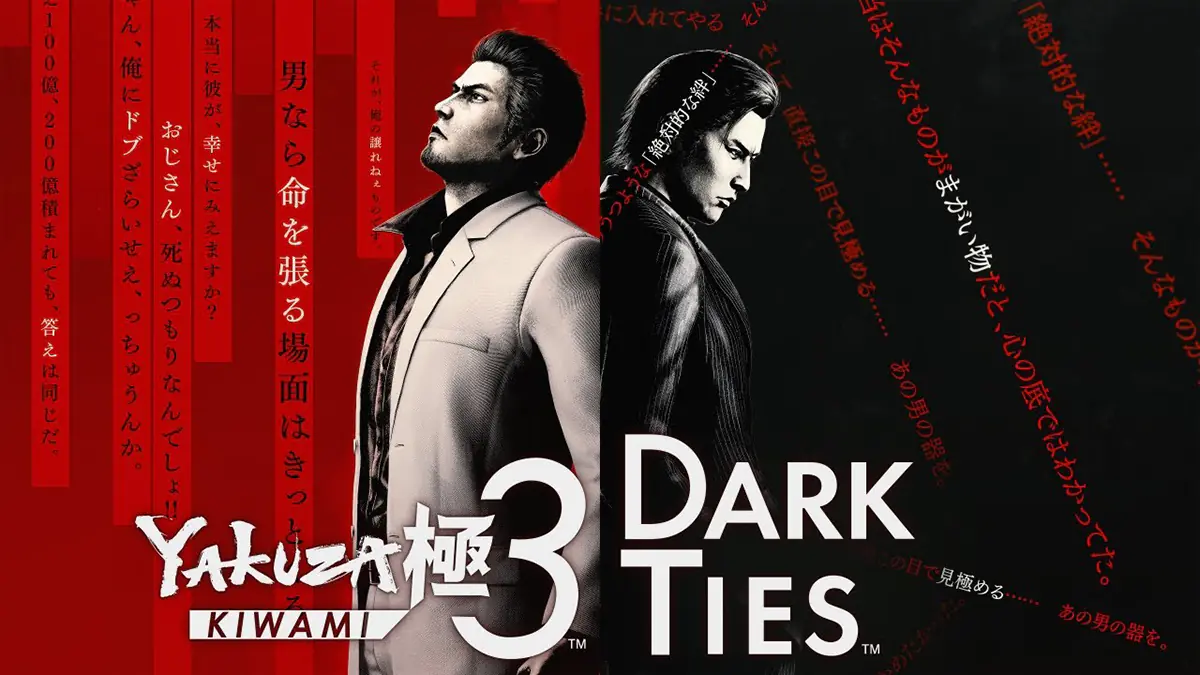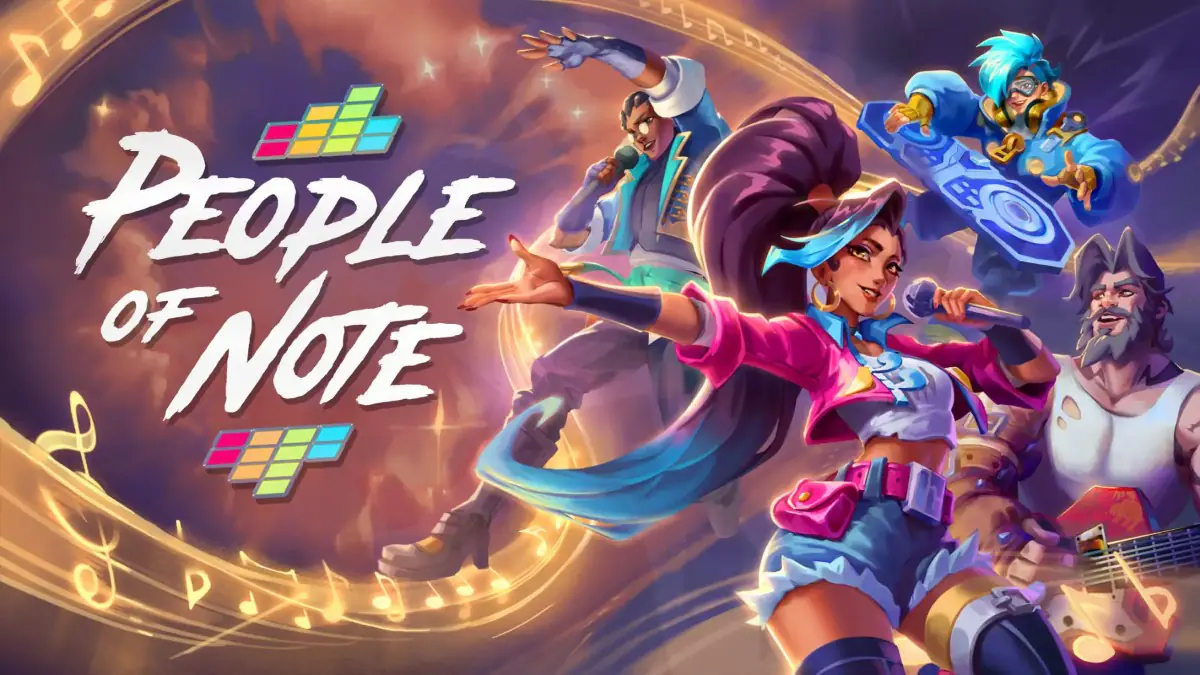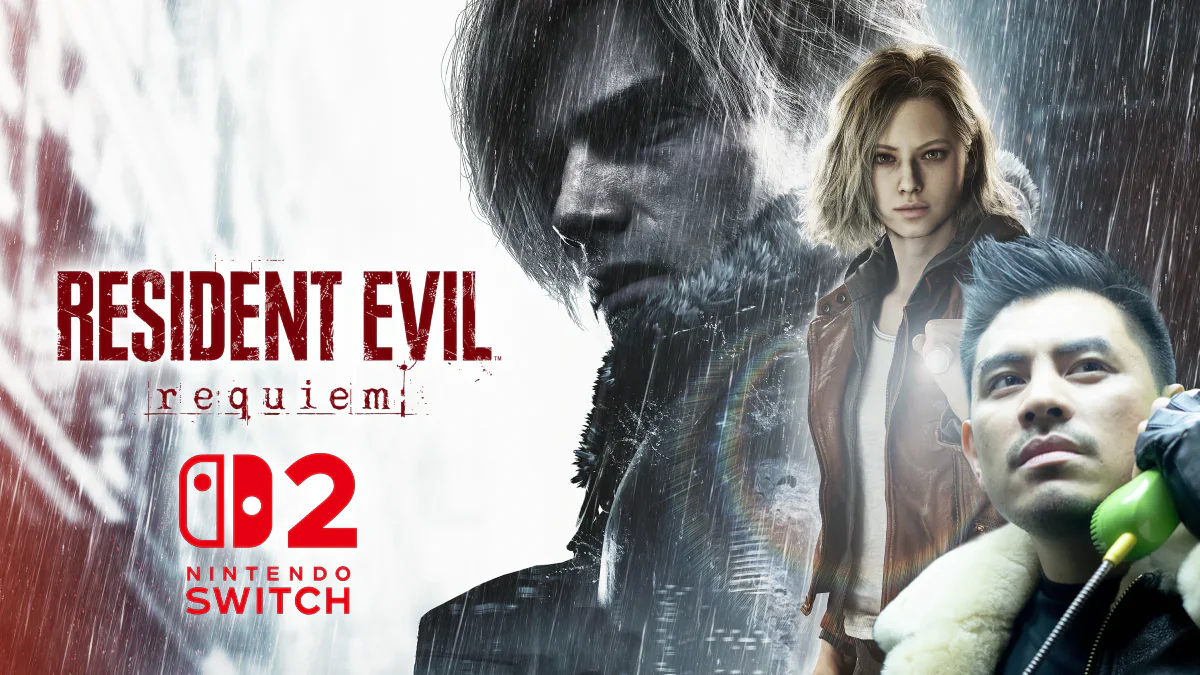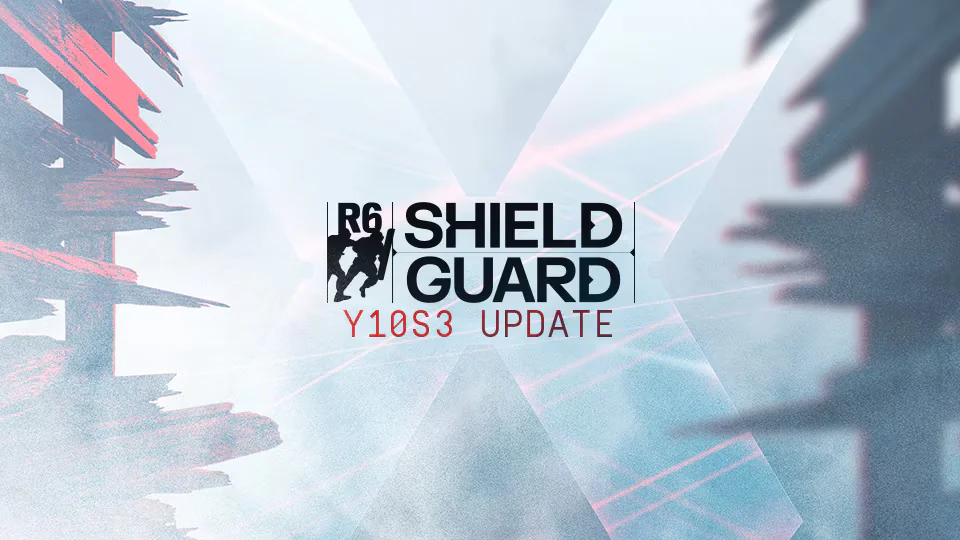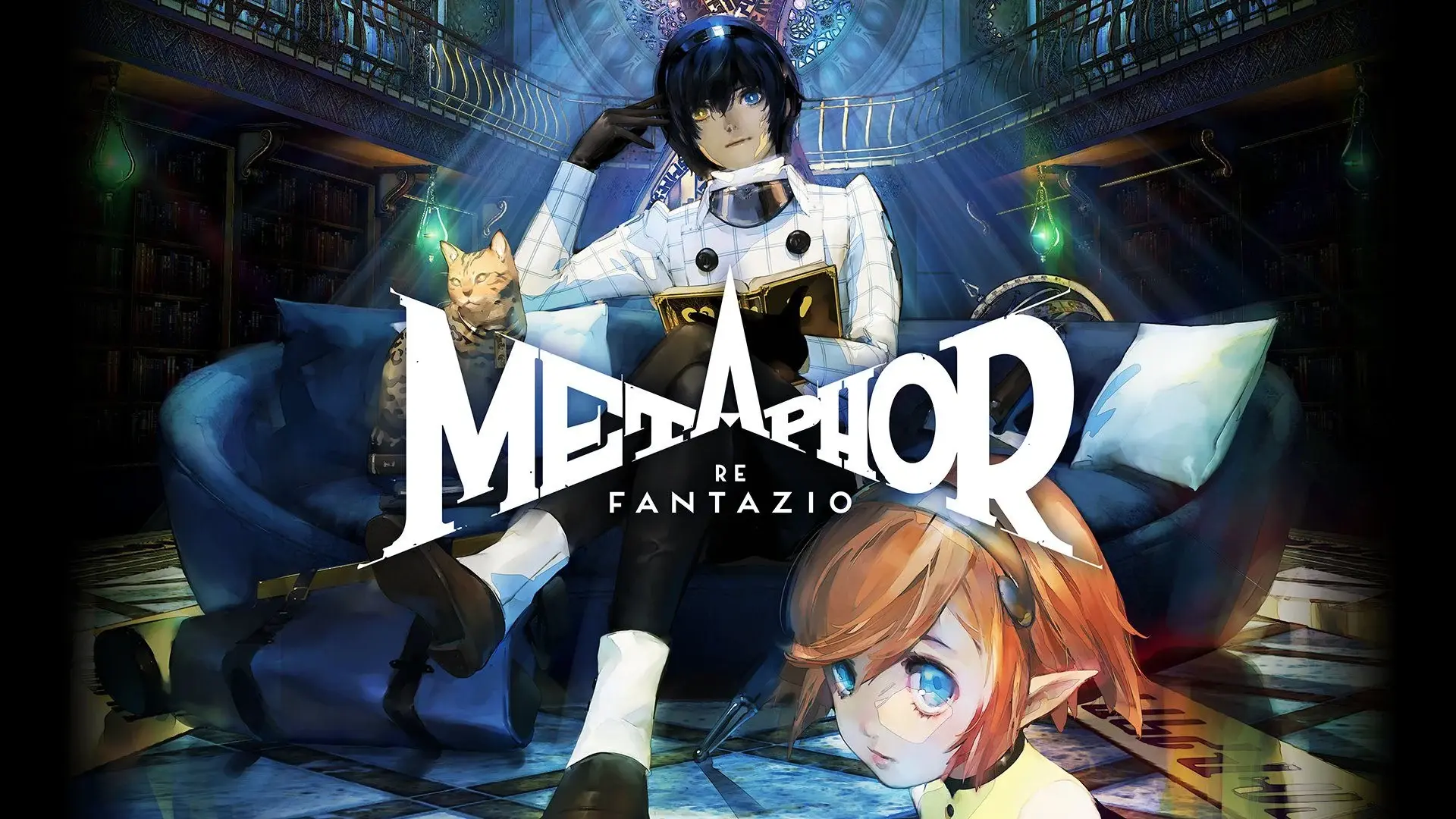Metaphor ReFantazio marks the first major project from Studio Zero, the newest of Atlus’ creative teams who complement the existing the Persona and Shin Megami Tensei crews. Made up of a blend of new staff and former Persona 5 team members, it’s clear to see where this newest game gets a lot of its swagger from. Taking inspiration from many Atlus’ series — Persona and Shin Megami Tensei (SMT) included — Metaphor sets out to blend the best of its predecessors’ gameplay with an all-new setting, and the result is far greater than the sum of its parts.
While the Persona and SMT franchises largely confine themselves to some version of modern-day Japan, Metaphor ReFantazio is set in a brand-new world: the United Kingdom of Euchronia. Ten years prior to the main story, the Prince of the United Kingdom was magically cursed in an attempt on his life and was declared dead to the kingdom at large, after vanishing under mysterious circumstances. A decade later, the ailing king has withdrawn from the public eye, and the kingdom is ruled mostly by the Sanctist Church in his place.
There’s an uneasy calm in the kingdoms under the church’s watchful eyes, but things are once again thrown into disarray when the King is found murdered in his bed, assassinated in the night just like the attempt on his son ten years earlier. Our protagonist arrives in the royal capital of Grand Trad alongside his fairy companion Gallica just before the King’s royal funeral, on a dangerous mission: infiltrate the army, find a way to lift the curse on the lost Prince, and restore order and peace to the United Kingdoms.
Things immediately go bad for you on your first mission, as you come face-to-face with an unnatural monstrosity: a “human”. It may seem tongue-in-cheek to say that man is the biggest monster of them all, but these particular ones are legitimately pretty bad — Metaphor’s humans are all Surrealist nightmare creatures with SOME human features. One might be a guy’s head hatching out of an egg, another might just be a big, angry ear. They’re all unknowably dangerous to regular people, and it seems your story is at an early end until a new power is awoken – known as an Archetype. In extremely badass fashion, it should be noted. The Archetypes act as job classes, allowing you to unlock abilities and eventually mix and match them to customise your party members.
It’s a fun twist on stocking Personas or demons in Atlus’ other headline series – while each party member introduces their own innate Archetype, you’re still free to swap between them without restriction; this allows any character to learn any others’ abilities. Combinations across different Archetypes really open up the combat system, turning your party into a finely tuned combat machine as the games goes on. My only wish is that there was some way to save multiple loadouts per party member, to make it easy to switch between your preferred setups.
After awakening to your Archetype and reaching the state funeral, the King’s Royal Magic comes to life, lifting the entire royal palace into the sky and revealing that the craggy underside of the building is remarkably King’s-face-like. Speaking from this huge sculpture, the recently deceased King declares a competition to win his seat as the leader of the United Kingdoms. With no heir to the throne, whoever is believed most worthy to rule by the majority of citizens will become the new King, in four months’ time – regardless of their tribe or standing. Our of options to get close to caster of the curse, your protagonist enters the competition on the Prince’s behalf in order to complete his mission.
The United Kingdoms exist in a sort of fantasy Industrial Revolution, made up of the various countries of the world’s eight tribes: eight different humanoid species with their own distinct identifying features, like the horned clemar or the three-eyed mustari. While the kingdoms are united, they’re certainly not equally united; prejudices between the tribes leave entire races as second-class citizens, while the ruling classes (and tribes) remain secure. It’s a lot of whimsical names and backstory to take in at first, but it won’t be long before you can tell a paripus from a roussainte without even blinking. This is hugely aided by the game’s Memorandum; a constantly updating database of the various people, places and things you experience as you move through the kingdom. Much like Final Fantasy XVI’s Active Time Lore system, the Memorandum can be pulled up at any time to refresh yourself on any proper nouns getting thrown about.
Much like the Persona series, Metaphor is told day-by-day across a number of months, with a limited number of tasks or activities able to be completed each day. Without the limitations of a school setting however, Metaphor offers a lot more freedom in how to spend your time. At any point in the story you’ll have a major goal to work towards, with a deadline looming in the near distance. It’s up to you how you spend your time until then – you could get to know your party or close allies, chase down enemies in the wilds, or even just read a book to improve your mind. In large part, your decisions on how to spend your time each day will be driven by the events of the King’s funeral – not your typical driving force in modern games.
In order to raise your ranking in the royal leaderboards – as depicted by faces in the giant sky-king’s eye socket, naturally – you’ll need to focus on multiple things at once. Meeting and recruiting new Followers for your cause (Metaphor’s reimagining of the Social Link system) unlocks everything from store discounts to new combat Archetypes, depending on who’s available and most interesting to you. At some points you may need to take on a sidequest to progress the Follower’s arc, or they may even be gated by your Kingly Virtues – the personality traits key to being a successful king. Other activities in the world will raise these stats in different ways: taking on monster hunting quests will raise your Courage, meditating with a friend might improve your Imagination, or debating another kingly candidate onstage might make you more Eloquent. Just like the best Persona titles, every system feeds into every other system symbiotically – no choice will ever “waste” your time. Even without ‘optimising my run’ in any way, I was able to see all the game had to offer before the very final deadline of the story arrived.
While a lot of the day-to-day elements draw from the Persona formula, combat draws its inspiration from multiple sources, and takes many forms. Metaphor’s turn-based combat uses the Shin Megami Tensei franchise’s press turn system, most recently seen in Shin Megami Tensei V Vengeance. Each side in combat has a certain number of actions to take each round, depending on how many are in the group – but if you strike an enemy weakness, you can reuse that turn to take a bonus action. Combat becomes all about identifying and capitalising on enemy weaknesses, while avoiding their resistances to not lose actions instead.
Out on the field however, you have a whole other combat style. Similar to Falcom’s Trails through Daybreak from earlier this year, on the overworld you can take a swing at enemies directly too. For enemies at or above your level, a few strikes will take you into turn-based combat at an advantage. For enemies a bit too weak for you however, a single strike on the overworld will wipe them out completely, and give you all the experience you would’ve gotten from a turn-based fight. It honestly feels amazing to start a dungeon having to fight every enemy for real, and then wiping those same enemies out with a single swing on the way out instead. The fact you still receive the same rewards either way makes it feel more like something you’ve earned rather than “cheating”, too.
While campaigning for your royal ranking, you’ll travel across the various countries of the United Kingdoms on a gauntlet runner – a vehicle built around the leg bones of a giant monster, allowing it to literally run cross-country. Your journeys often take a number of days, meaning that traveling to and from a distant location will take a chunk out of your calendar. At first this might seem like you’re losing time, every travelling day still gets a daytime and night-time activity, with some of your Follower events only being available while you’re on the road. The runner is full of activities and social options, meaning I often found myself thinking about how a trip might be just long enough to read that whole book in the lounge, and rank up my Tolerance for someone’s next Follower event. Again: no lost time.
While the game is already an amalgam of what came before, the audiovisual design in Metaphor ReFantazio makes sure to show off that it’s something all-new at the same time. As your journey revolves around an idyllic fantasy novel, the visual design of Metaphor evokes an illustrated feel. Even the shadows in the game add a paper-like texture to anything they’re cast on, an effect that impressed me right through to hour 70 when I finished the game. As is almost expected from Atlus now, the menu design is stunning and unique – your party members appear almost hand-drawn as you move through the various menu screens.
The Vitruvian Man-esque design used in the party’s stats menu is a personal highlight, but seeing your active Archetype alongside each character is a great touch too. Alongside all this is the music, which is a far cry from the chill vibes of Persona 5. Metaphor’s soundtrack focuses much more on era-appropriate instruments, including a lot of vocal backing throughout. The standout, of course, is the game’s battle theme. The only way to describe it is ”Gregorian monk battle rap”, and I never got tired of it. Every fight feels so high-energy with a background of chanting and I mean that entirely sincerely.
On top of everything it brings to the table mechanically and thematically, Metaphor ReFantazio just has a great story to tell. The unfolding of the history of Euchronia – both to the player and the characters – was always engaging, and I found myself actually surprised by some of this political story’s twists and reveals. The opponents you’ll face in your kingly trials all present interesting (if not winning) ideologies of their own, the major villains each feel memorable and fleshed out, and the way the world changes over your journey all aligns with what you learnt along the way. Euchronia feels like a fully realised world, which is an impressive feat for a studio’s first game, and a joy to dive into.
Metaphor ReFantazio was reviewed using a promotional code on PS5, as provided by the publisher. Click here to learn more about Stevivor’s scoring scale.
 |
Metaphor ReFantazio11 October 2024PC PS4 PS5 Xbox One Xbox Series S & X
|
This article may contain affiliate links, meaning we could earn a small commission if you click-through and make a purchase. Stevivor is an independent outlet and our journalism is in no way influenced by any advertiser or commercial initiative.



